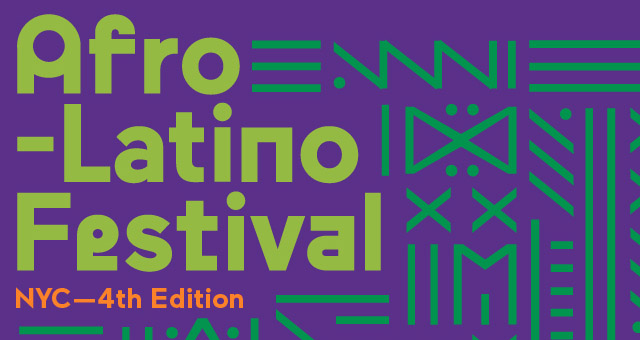PHOTOS: What It Means to Celebrate Afro-Latinidad in the Time of Black Lives MatterPosted in Articles, Arts, Identity Development/Psychology, Latino Studies, Media Archive, Social Justice on 2016-07-15 01:39Z by Steven |
PHOTOS: What It Means to Celebrate Afro-Latinidad in the Time of Black Lives Matter
Remezcla
2016-07-12
Isabelia Herrera, Music Editor
Photography by: Itzel Alejandra Martinez, Photo Editor
When Remezcla headed to the fourth edition of New York City’s Afro-Latino Festival this weekend, surrounded by colorful dashikis and bold #BlackLivesMatter t-shirts, we were reminded that the political utility of the Afro-Latino label is more urgent than ever. Speaking with festival attendees, families, and musicians, it became clear that celebrating Afro-Latinidad in times of black trauma isn’t about diverting the focus of anti-racist movements, but about highlighting the diversity of black experiences. As the nation reels from the deaths of Philando Castile and Alton Sterling, and as police violence continues to rattle black and brown communities, Afro-Latinos are uniquely positioned to combat anti-blackness in Latino communities. To that end, we spoke to a group of festival attendees about their Afro-Latinidad in the context of the #BlackLivesMatter movement. Here’s what they had to say…
Red the entire photo-essay here.



